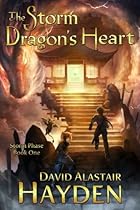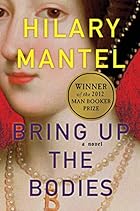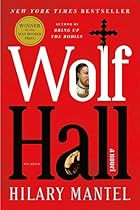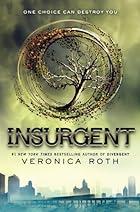
2012 Book 95: The Storm Dragon's Heart, by David Alastair Hayden (6/26/2012)
Categories: Young Adult, Speculative Fiction
Reason for Reading: This book was provided by the author in exchange for a review. The ideas, of course, are my own. I am not compensated for a good review. :)
My Review: 4/5 stars
Turesobei is the High Wizard-in-waiting for the Chondra tribe, but he dreams of dropping his boring lessons and going on adventures with his father. Then he is given his chance: his father takes him on a quest to retrieve an ancient and powerful artifact that is also being sought by a dangerous cult. Turesobei must learn to be an independent wizard and to trust his companions on this dangerous mission. The Storm Dragon's Heart is a good-old classic high fantasy for children. It was cute and fun, with lots of adventure and young romance. It was a complete story in itself, but left me curious about how the series would continue.












